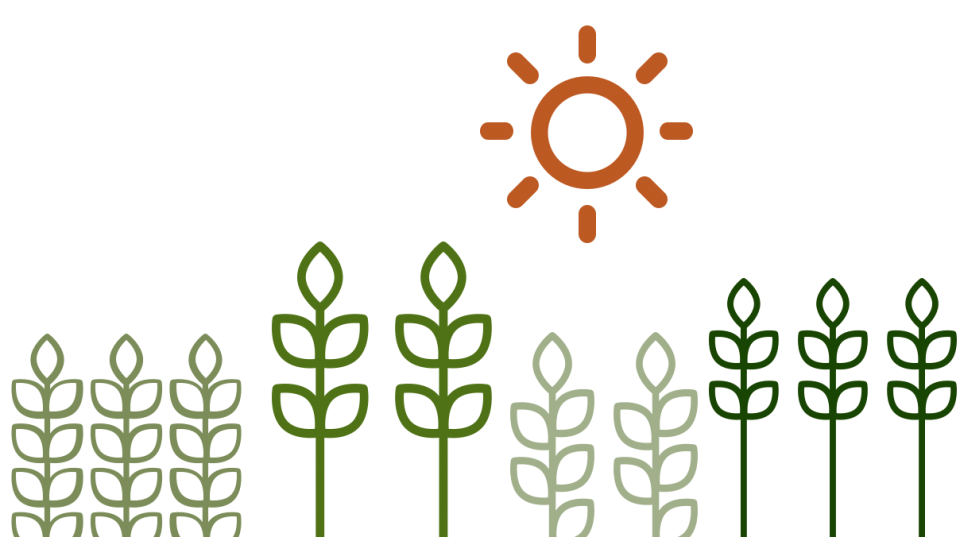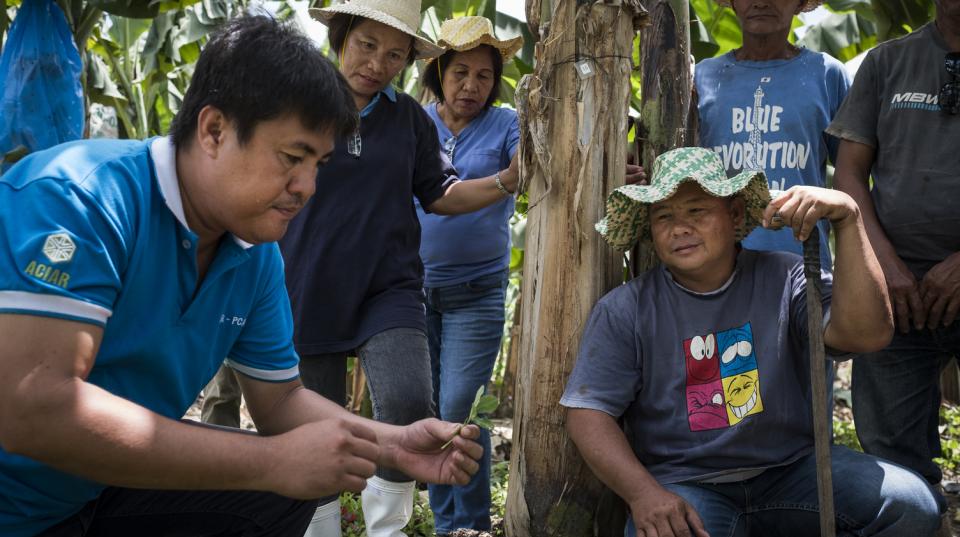Overview
Mitigation of the threat posed by two diseases of bananas - namely fusarium wilt (caused by Fusarium oxysporum f.sp. cubense (Foc) and banana blood disease (caused by Pseudomonas celebensi) - has been the objective of two recent ACIAR projects. Foc is devastating smallholder banana farms in Indonesia because of the occurrence of a virulent race, TR4, which overcomes resistance mechanisms that Cavendish bananas demonstrate to other fusarium races.
Within Australia the project sought to develop management strategies to slow the spread of fusarium wilt race 1 which has become a major issue for Lady Finger growers on the Atherton Tablelands. These ACIAR studies could improve the livelihoods of small-scale banana farmers in Indonesia and the income of banana producers in Australia by improving production practices, including the effective management of banana wilts.
The project used a holistic approach and integrated known control tactics with appropriate cultural and production practices in two pilot study areas. The scientists studied best-bet farm management practices and integrated pest management (IPM) strategies. Complementary studies which looked to address knowledge gaps in relation to fusarium wilt (more specifically TR4) further improved understanding and ability to manage wilt diseases.





